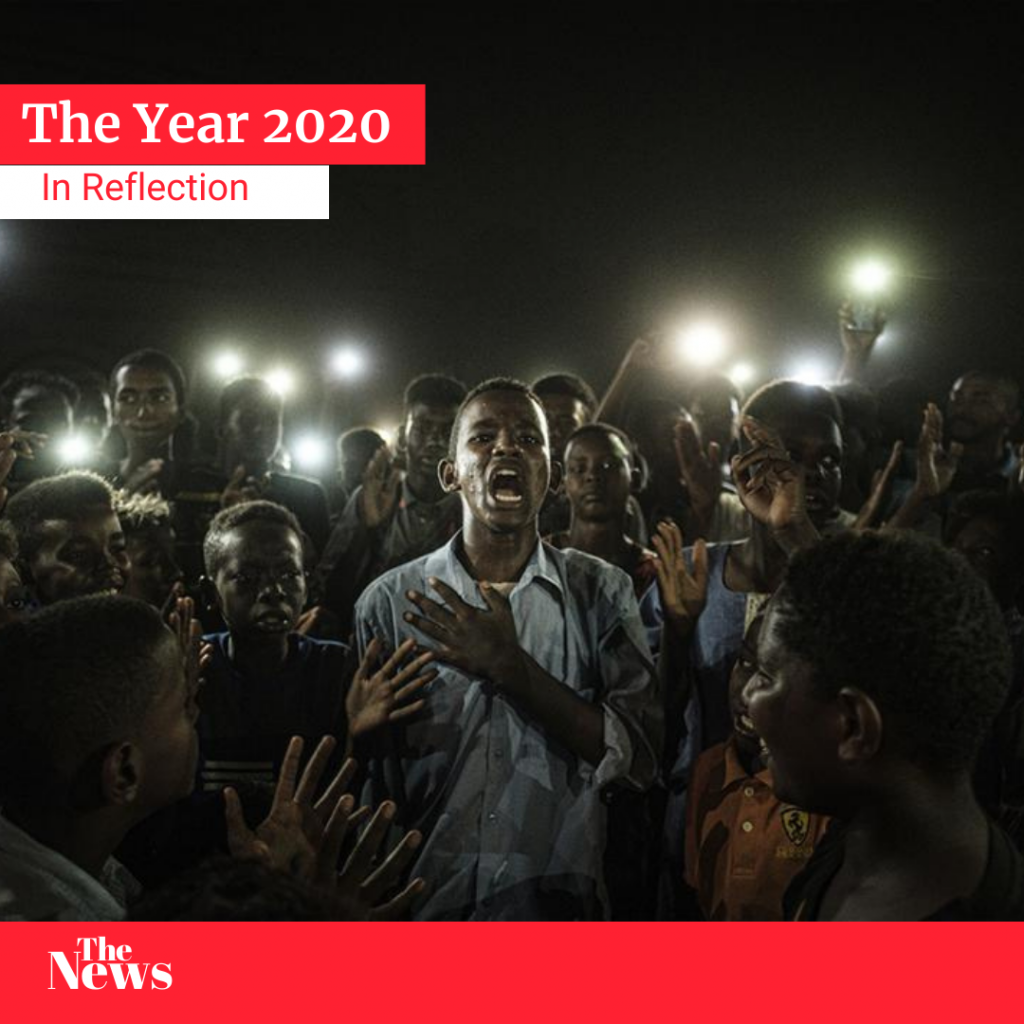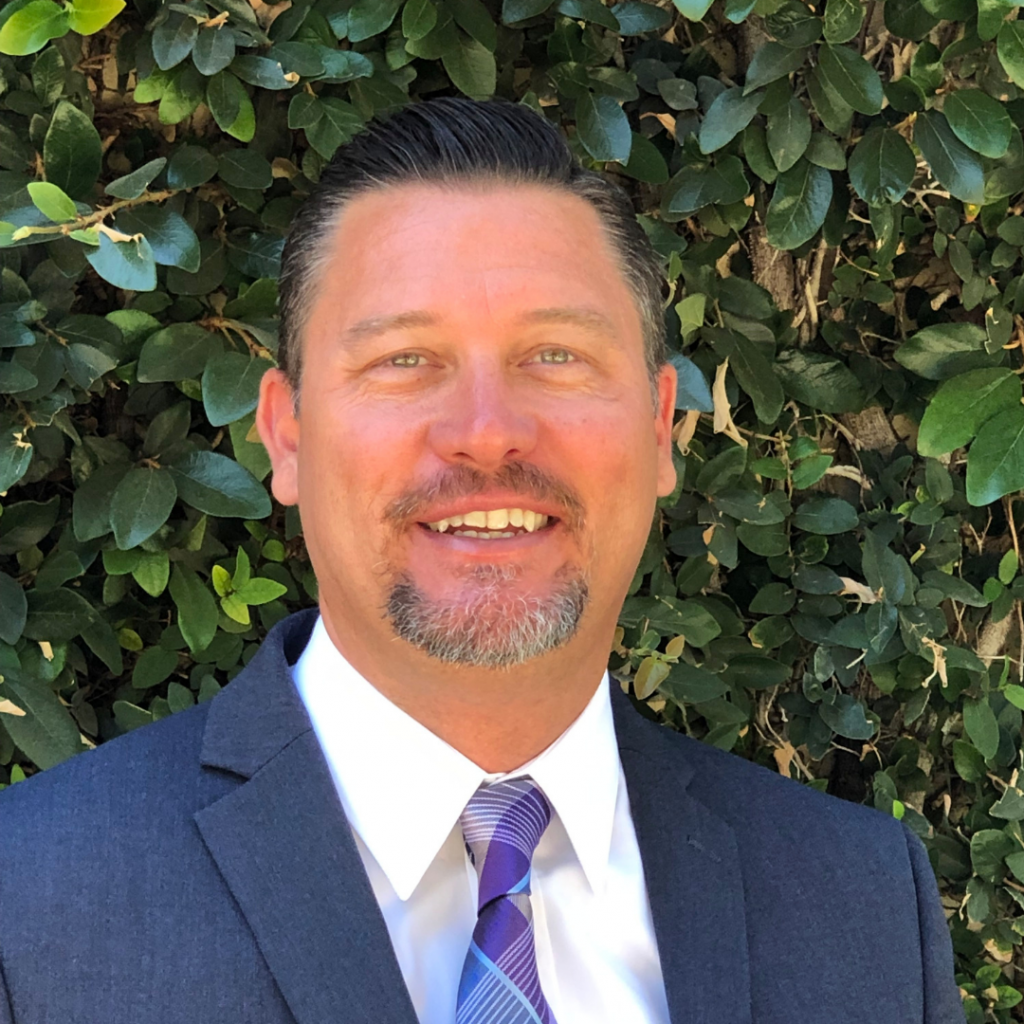
This week we celebrate the birthday of the Reverend Dr. Martin Luther King Jr. Nearly a year after the killing of George Floyd, much of the demonstrations have subsided; however, the need for equity and inclusion continues. The civil unrest witnessed caused many to consider if we were part of a movement that would result in real and lasting change, or if the protests and discussions would subside and this would be just a moment in time. A recent LinkedIn article stated that the fastest growing “C-Suite” position in the United States is Chief Diversity Officer (CDO). Other so-called “C-Suite” positions (e.g., chief executive officer, chief operating officer, chief financial officer, chief counsel, etc.) declined in 2020. However, the question remains, will these added CDO’s actually help bring about equitable change, or are the additions of these (potentially very beneficial) positions just a way for institutions to say to their funders, investors, and stakeholders; “See, we sweet!” In other words, is the addition of CDOs an indication that real change is on the horizon in 2021?
Real change can only occur if tackled at two levels, the institutional level and on a personal level. In the Spring of 2020, the Department of Social Work at CBU facilitated a series of webinars focused on social justice, equity, and inclusion. I co-presented on one of the webinars where we explored equity and inclusion from a policy perspective. I shared my research findings suggesting that collaborative juvenile court programs that utilized data tracking and employed racially diverse staff demonstrated exemplary outcomes for African-American and multicultural children. These findings are consistent with the literature on improving equity and inclusion. Organizations that intentionally use data tracking to ensure inclusion and reduce disparities have better outcomes. Here at CBU, we are considered a “minority-serving institution.” We utilize our enrollment data to track for inclusiveness and areas of disparities. The data suggests that we can do better on reducing attrition rates for African-American and Hispanic students. CBU is committed to improving these outcomes and has a created a Racial Equity Task Force (RETF), charged with developing policies and programs to improve retention and graduation rates for African-American and Hispanic students.
Another important finding from my research and others is the importance of training on cultural humility and implicit bias. Organizations committed to equity and inclusion must also commit to ensuring that every employee is trained on implicit bias, regardless of their title, status, race, gender, or age. Whether we like it or not, we all carry with us implicit biases, partly because our brains are created in a way to make decision making easier. We operate on knowledge from our past experiences and past learnings (both good and bad). This is sometimes called “mindsets,” “heuristics,” or “rules of thumb.” According to the Kirwin Institute for the Study of Race and Ethnicity, The Ohio State University, “Implicit bias differs from suppressed explicit biases that individuals may conceal for social desirability purposes. Implicit biases are activated involuntarily and beyond our awareness or intentional control” (2018). In other words, our implicit biases reflect our thinking patterns on “auto-pilot” based on our own experiences and perceptions of the world. While completely stamping out implicit bias would be impossible. We can use effective strategies to combat implicit bias, such as; data tracking, meaningful intergroup contact, avoiding cognitive load, speaking up, avoiding overconfidence, meditation, and exposure to counter stereotypical examples.
As a university professor, I utilize anonymous grading whenever possible. Research shows that seemingly objective ratings of someone’s work can be skewed based on aspects of that person’s identity, such as race or gender. By utilizing the anonymous grading function offered in blackboard, I can significantly reduce the possibility that my biases have influenced my grading.
As leaders in organizations with “increased sensitivity toward our perceptual blinders and mindsets, we become better able to correctly respond to behaviors occurring in an organization” (Harris and Nelson, 2019 p. 52). It’s essential to become aware of our implicit biases. The Implicit Association Test (IAT), a free and publicly available resource, is an accessible way for individuals to assess implicit biases. Once we become aware of our implicit biases, we can confront them. After participating in the Kirwan Institute’s training, I plan to implement two critical individual strategies to combat the effects of implicit biases in my personal and professional life.
First, I plan to work to avoid cognitive load. Research suggests that when one is stressed, in a hurry, and trying to balance many things, the likelihood of implicit biases goes up. From the perspective of heuristics, this makes sense. Can you imagine critically analyzing every decision you make throughout the entire day? Critically analyzing every single decision would become overwhelming. Instead, we turn to auto-pilot or make decisions based on rules of thumb. While this might be ok when ordering a cheeseburger, this can have harmful effects when used for more important decisions. Reducing cognitive load allows us to be more intentional with our actions and decision making. It turns out that reducing cognitive load and practicing appropriate self-care reduces implicit bias and reduces compassion fatigue and burnout so often encountered in the field of social work. As a professional social worker, we must continually assess our self-care strategies; however, it’s one that I have struggled with throughout my 20-year career in social work. Practicing self-care and avoiding cognitive overload won’t be easy for me in 2021 (working full-time and pursuing a doctoral degree), but I can commit to implementing a self-care plan that includes a healthy diet, regular exercise, prayer, and sleep.
The second strategy I plan to implement, more consistently, is meditation. Meditating on the strengths and gifts of diversity can have powerful effects on combatting implicit biases. Many in today’s world think of meditation as some type of new-age exercise, but in fact, meditation is an ancient tradition. The book of Psalms mentions meditation multiple times. Psalm 19:14 says, “May the words of my mouth and the meditation of my heart be pleasing to you, O LORD, my rock and my redeemer” (Holy Bible). As Christians, we serve a just and loving God, one that instructs us to love our neighbors. As the parable of the “Good Samaritan” reminds us, our neighbors don’t always look like us, speak like us, or believe like us, yet we are instructed to love them just as we love Christ. Taking time to meditate on these teachings every day brings us closer to God, and it also decreases implicit bias’s adverse effects.
As we enter 2021, we can do better than relying on our past knowledge and experiences, walking backward into the future. We can boldly and bravely face the future with improved perceptions of the world around us, where we commit to ensuring social justice in this new paradigm.
Resources
- Breitenbucher, P., Bermejo, E.R., Killian, C., & Duong, L. (2018). Exploring Racial and Ethnic Disproportionalities and Disparities in Family Treatment Courts: Findings From the Regional Partnership Grant Program. Journal for Advancing Justice, Alexandria, VA
- Harris, T.E., & Nelson, M.D. (2019). Applied Organizational Communication: Theory and Practice in a Global Environment, 4th Ed. Routledge. New York, NY
- Holy Bible
- Kirwan Institute for the Study of Race and Ethnicity, The Ohio State University (2018). Implicit Bias Training Series. http://kirwaninstitute.osu.edu/implicit-bias-training/
About the author:
Philip Breitenbucher serves as an Assistant Professor of Social Work and a Research Associate at California Baptist University. He provides consulting services to numerous organizations and government agencies throughout the nation. His research interests include leadership, organizational change, social work instructional design, and the intersection of child welfare and substance abuse.

Prof. Phil Breitenbucher, M.S.W